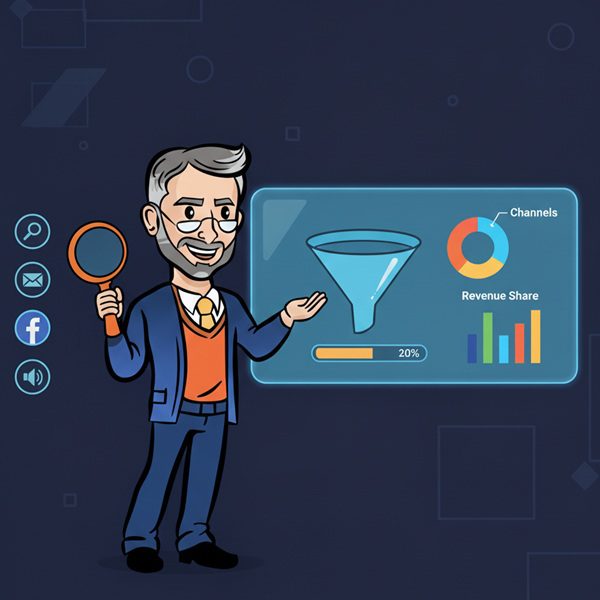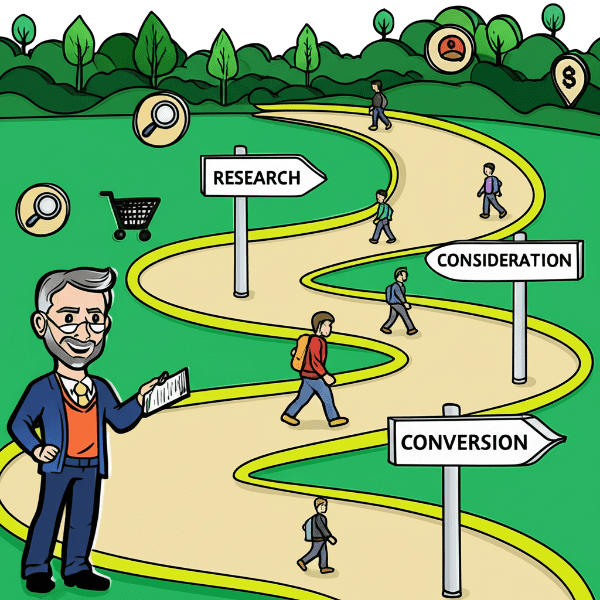Understanding Big Data Analytics
Big Data Analytics refers to the process of examining vast and complex data sets to uncover patterns, trends, and actionable insights. By analyzing information from diverse sources—like customer behavior, social media, transactions, and sensors—businesses can make more informed decisions and predict future outcomes.
Example in a Sentence:
Using Big Data Analytics, the company detected a surge in product demand and optimized inventory before competitors responded.
Why This Matters for Your Business
Adopting data-driven strategies allows organizations to:
- Make Smarter Decisions – Use real-time insight to drive effective strategies.
- Enhance Efficiency – Identify process gaps and reduce operational costs.
- Deliver Personalized Experiences – Tailor content and services based on customer behaviors.
- Stay Competitive – Gain early insight into trends that inform proactive moves.

Core Components of a Big Data Strategy
To unlock value from Big Data Analytics, focus on:
- High-Quality Data Sources – Pull from social media, CRM, purchase histories, and IoT devices.
- Fast, Scalable Technology – Use platforms capable of processing large-scale data in real time.
- Skilled Analysts & Data Scientists – Experts who can interpret patterns and translate them into action.
- Clear Data Visualization – Tools that present insights through dashboards, charts, or interactive reports.
How to Start Strong with Big Data Analytics
Here are some tips for effective implementation:
- Define Clear Goals – Know what you want to learn from your data and why.
- Clean Your Data – Eliminate inaccuracies and duplicates for more reliable results.
- Train Your Team – Help departments understand how to use analytics to guide daily decisions.
- Test and Scale – Start with pilot projects, measure performance, then expand across your organization.
More Definitions
(From the Sales & Marketing Jargon Encyclopedia)
- Product-Led Growth (PLG): A business methodology where the product itself serves as the primary driver of customer acquisition, conversion, and expansion.
- Conversion Rate Optimization (CRO): The practice of increasing the percentage of users who perform a desired action on a website, such as making a purchase or filling out a form.
- Bubble Definition: A no-code platform that lets you build and launch real apps for web and mobile without writing any code.
Useful Posts
(From the Sales Funnel Professor Blog)
- Top of Funnel in Focus: Pay per Click – Raise Your PPC Intelligence: Exploring strategies to enhance pay-per-click advertising effectiveness through data analysis.
- Hubspot Audit Frequent Issues Uncovered: Identifying common issues in HubSpot implementations and how data analysis can resolve them.
- Why Hyper-Personalization Algorithms Matter: Boost customer loyalty and engagement with Hyper-Personalization Algorithms that deliver smart, real-time content across all channels.






















